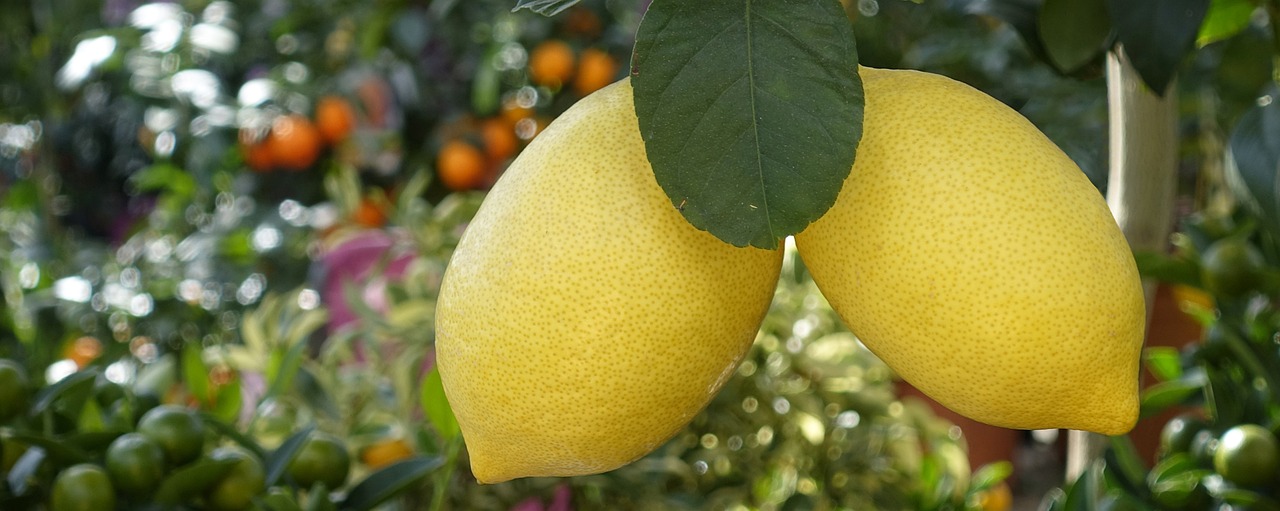The Role of Microbreweries in Celebrating Local Culture: 99 exchange bet, Laser247 register, Yolo247
99 exchange bet, laser247 register, yolo247: Microbreweries have been popping up all over the world, reflecting a growing trend of craft beer enthusiasts seeking unique and flavorful options beyond mass-produced offerings. These small-scale breweries play a crucial role in celebrating local culture by showcasing regional ingredients, traditions, and flavors in their beers. Let’s dive into the importance of microbreweries in preserving and promoting local culture.
Crafting Unique Beers with Local Ingredients
One of the most significant ways microbreweries celebrate local culture is by using locally sourced ingredients in their beer-making process. By incorporating ingredients such as fruits, herbs, and grains from nearby farms and suppliers, breweries can create distinctive flavors that represent the unique tastes of the region.
For example, a brewery in the Pacific Northwest may use fresh hops grown in the region to produce a hop-forward IPA with floral and citrus notes. Similarly, a brewery in the Midwest might use locally harvested grains to create a rich and hearty stout that reflects the agricultural heritage of the area.
In addition to using local ingredients, many microbreweries also draw inspiration from local traditions and culinary influences when developing new beer recipes. By experimenting with different flavor profiles and brewing techniques, brewers can pay homage to the cultural heritage of their communities while offering beer enthusiasts a taste of something truly authentic.
Fostering Community Engagement and Support
Microbreweries also play a vital role in fostering community engagement and support by providing a gathering place for locals to connect, socialize, and celebrate together. These breweries often host events such as beer tastings, live music performances, and food pairings that bring people together and create a sense of camaraderie.
In addition to being social hubs, microbreweries also contribute to the local economy by creating jobs, supporting small businesses, and attracting tourists to the area. By highlighting the unique flavors and cultural traditions of the region, these breweries can help boost tourism and promote the area as a destination for beer enthusiasts seeking a taste of something different.
Preserving Craftsmanship and Artistry
Another essential aspect of microbreweries in celebrating local culture is the craftsmanship and artistry that goes into brewing small-batch beers. Craft brewers take pride in their work, paying attention to detail and honing their skills to create high-quality, handcrafted beers that stand out from mass-produced options.
By embracing traditional brewing methods and techniques, microbreweries preserve the artistry and craftsmanship of beer-making, ensuring that time-honored traditions are passed down from generation to generation. This dedication to quality and authenticity helps to preserve local culture and heritage while showcasing the creativity and innovation of modern craft brewers.
Supporting Sustainability and Environmental Stewardship
Many microbreweries also prioritize sustainability and environmental stewardship in their operations, further contributing to the celebration of local culture. By sourcing ingredients locally, reducing waste, and implementing eco-friendly practices, these breweries demonstrate a commitment to preserving the environment and supporting the communities in which they operate.
Some breweries even partner with local farmers and suppliers to create closed-loop systems that recycle waste and promote sustainable agriculture. By championing sustainability, microbreweries not only reduce their carbon footprint but also support the local economy and promote a healthier planet for future generations to enjoy.
FAQs
1. How are microbreweries different from traditional breweries?
Microbreweries are small-scale breweries that focus on producing craft beers in limited quantities, often using locally sourced ingredients and unique brewing techniques. Traditional breweries, on the other hand, tend to produce large volumes of beer using standardized recipes and processes.
2. What kinds of events do microbreweries typically host?
Microbreweries often host a variety of events, including beer tastings, brewery tours, live music performances, food pairings, and seasonal festivals. These events help to engage the community, attract visitors, and celebrate the local culture and flavors of the region.
3. How can I support my local microbrewery?
You can support your local microbrewery by visiting their taproom, purchasing their beers at local retailers, attending events and tastings, and spreading the word about their offerings to friends and family. By supporting these small businesses, you can help celebrate local culture and contribute to the growth of the craft beer industry.
4. Are microbreweries sustainable and environmentally friendly?
Many microbreweries prioritize sustainability and environmental stewardship in their operations by implementing eco-friendly practices, reducing waste, and sourcing ingredients locally. By supporting these breweries, you can enjoy great beer while promoting a healthier planet and supporting the local community.
In conclusion, microbreweries play a crucial role in celebrating local culture by using locally sourced ingredients, fostering community engagement, preserving craftsmanship, and supporting sustainability. These small-scale breweries offer a unique and authentic taste of the region, showcasing the flavors, traditions, and creativity that make each community special. By supporting your local microbrewery, you can join in the celebration of local culture while enjoying delicious craft beers that reflect the spirit and essence of the place you call home. Cheers to that!







